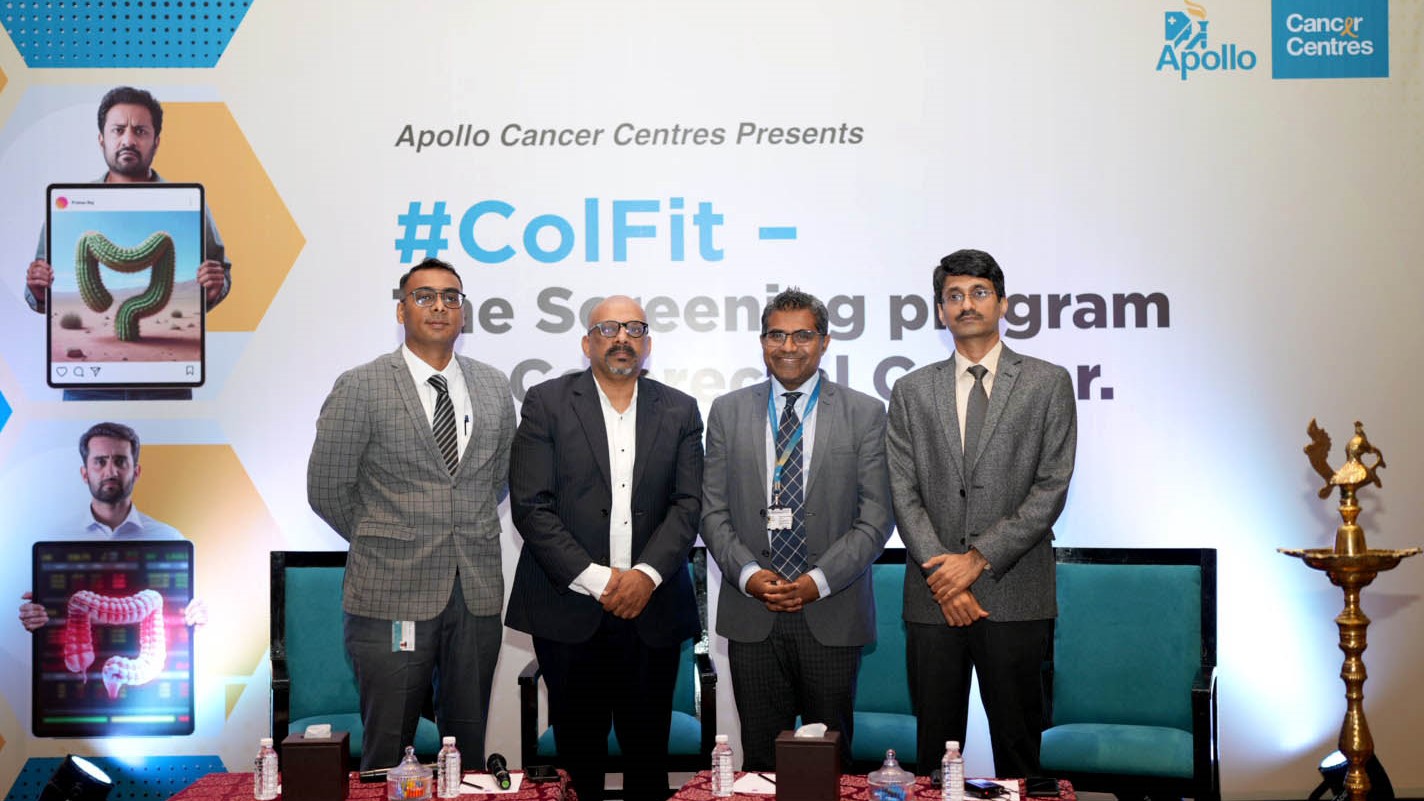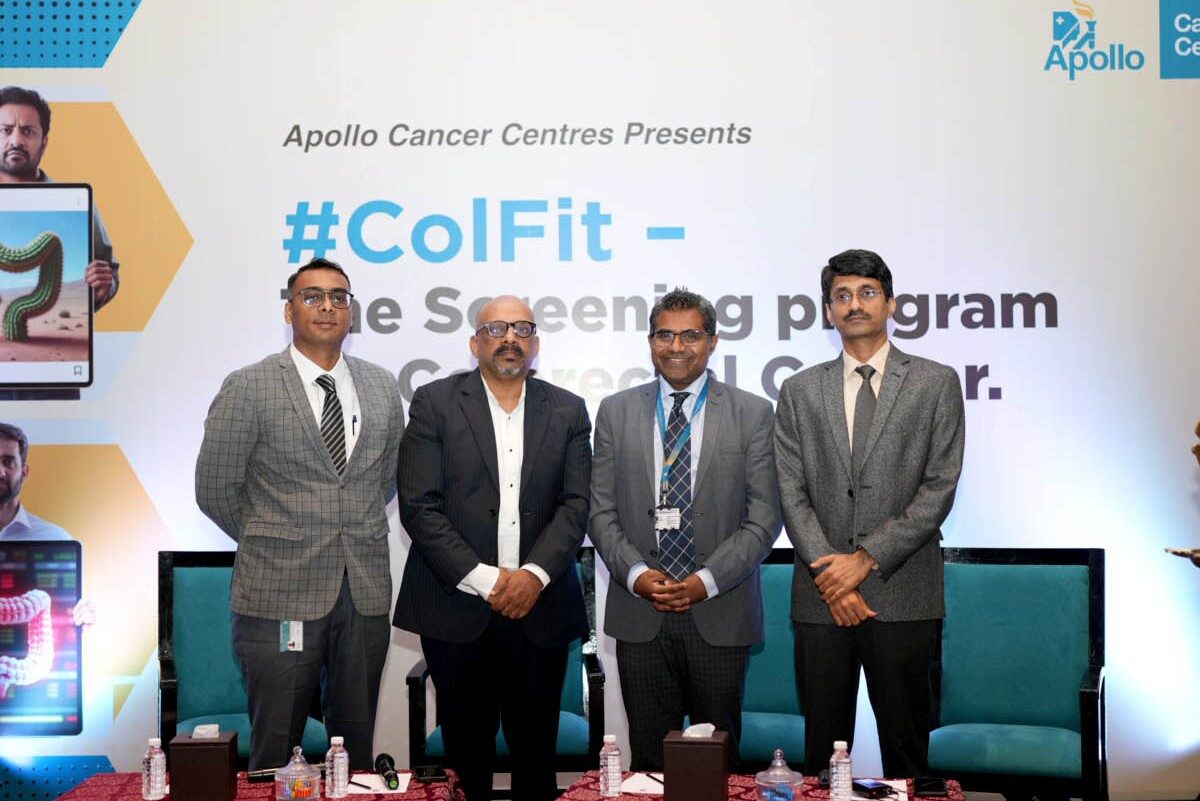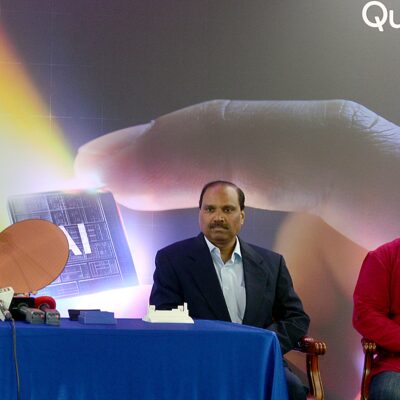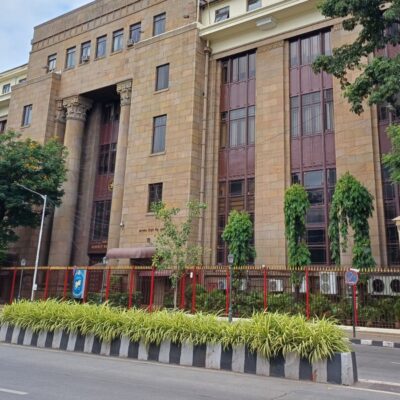
Bengaluru: In a timely response to the alarming rise in colorectal cancer (CRC) cases across India, Apollo Cancer Centres has launched ‘ColFit’, a comprehensive screening initiative aimed at early detection and prevention of CRC — one of the most treatable forms of cancer when caught early.
Despite being preventable, colorectal cancer remains a growing public health concern, particularly in India where most cases are detected at advanced stages.
This late diagnosis results in poor survival outcomes and significantly higher treatment costs.
With ColFit, Apollo aims to shift the paradigm from reactive care to proactive prevention.
A nationwide call for early detection
The launch of ColFit at Apollo Cancer Centre, Bengaluru, comes against a backdrop of rising CRC cases across both urban and rural populations.
While India’s age-standardized incidence rate for CRC remains lower than global averages — 7.2 per 100,000 males and 5.1 per 100,000 females — the sheer scale of the population means a high absolute number of cases.
More worrying is the country’s five-year survival rate of less than 40 percent, one of the lowest globally.
“Colorectal cancer is increasingly affecting both young and older adults, and yet over 60 percent of patients in India are diagnosed at advanced stages,” said Dr. Sachin S Shetty, Senior Consultant Gastroenterologist, Apollo Hospitals, Bannerghatta Road.
“ColFit is our answer to this silent but growing threat, offering patients the benefit of early diagnosis, precision treatment, and holistic care.”
Simple, accurate, life-saving
At the core of the ColFit programme is the Faecal Immunochemical Test (FIT) — a non-invasive, highly sensitive screening tool that detects hidden blood in stool, a potential early indicator of CRC.
Unlike traditional screening methods, FIT requires just one sample, has no dietary restrictions, and provides quick, reliable results.
The ColFit pathway includes: Registration and Risk Stratification, average-risk individuals (age 45+) undergo FIT and stool analysis, high-risk individuals (with family history or underlying conditions) are advised FIT along with colonoscopy.
Analysis and diagnosis
Abnormal findings lead to further stool tests or colonoscopy for detection of polyps or tumours.
Follow-up and counselling
Based on results, patients receive tailored recommendations including lifestyle counselling, genetic testing, or surgical referrals.
Bridging technology and patient care
“If detected at the precancerous or early stages, colorectal cancer can be treated with minimally invasive procedures, often without chemotherapy or radiation,” said Dr. Yeshwanth R, Consultant, Surgical Oncology, Apollo Cancer Centre, Bengaluru.
“We’re also equipped with cutting-edge technology like the Da Vinci robotic system, allowing for precision surgery with faster recovery and fewer complications,” he added.
Reducing the CRC burden with actionable steps
CRC often begins silently, with symptoms like persistent bowel changes, rectal bleeding, unexplained weight loss, or abdominal discomfort.
Risk factors include a low-fibre diet, obesity, sedentary lifestyle, and genetic predisposition.
“We must break the stigma around cancer screenings and encourage preventive care,” added Dr. Yeshwanth.
“Through ColFit, we are making early detection accessible and actionable,” he added.
A vision for preventive healthcare
Dinesh Madhavan, President, Group Oncology and International, Apollo Hospitals Enterprise Ltd, emphasized Apollo’s vision thus: “ColFit represents our commitment to practical innovation and accessible healthcare. By empowering people with tools for early detection, we’re not just treating cancer — we’re working to prevent it.”
With treatment success rates between 75 percent and 90 percent for stage 1 and 2 CRC, early detection is the key to survival.
Countries with robust screening programmes have already seen a dramatic improvement in outcomes. Apollo aims to replicate this success in India through ColFit.





